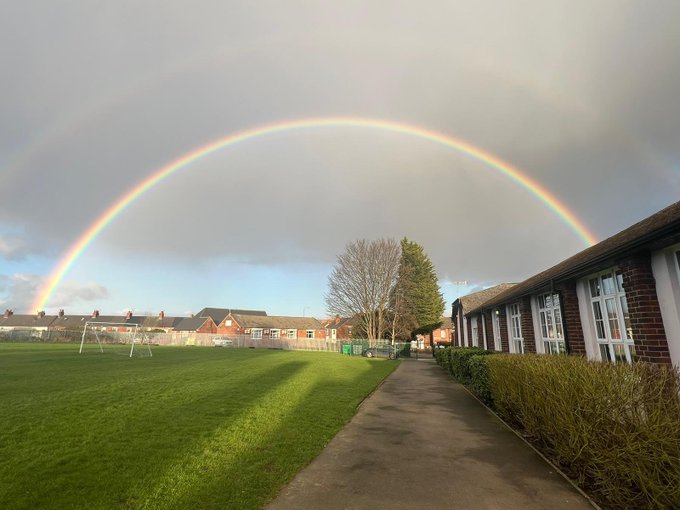Forest School
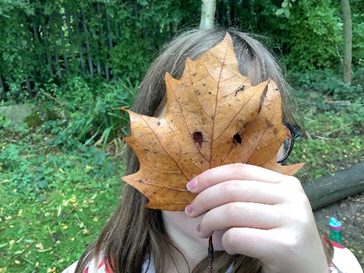
Mission statement
‘Forest School is an inspirational process that offers ALL learners regular opportunities to achieve and develop confidence and self-esteem through hands-on learning experiences in a woodland or natural environment with trees’.
(Forest School Association)
At Spire Junior School, through our Forest School sessions, we hope to encourage independent, enthusiastic and creative learners who develop holistically through a well-planned and interesting child-centred approach.
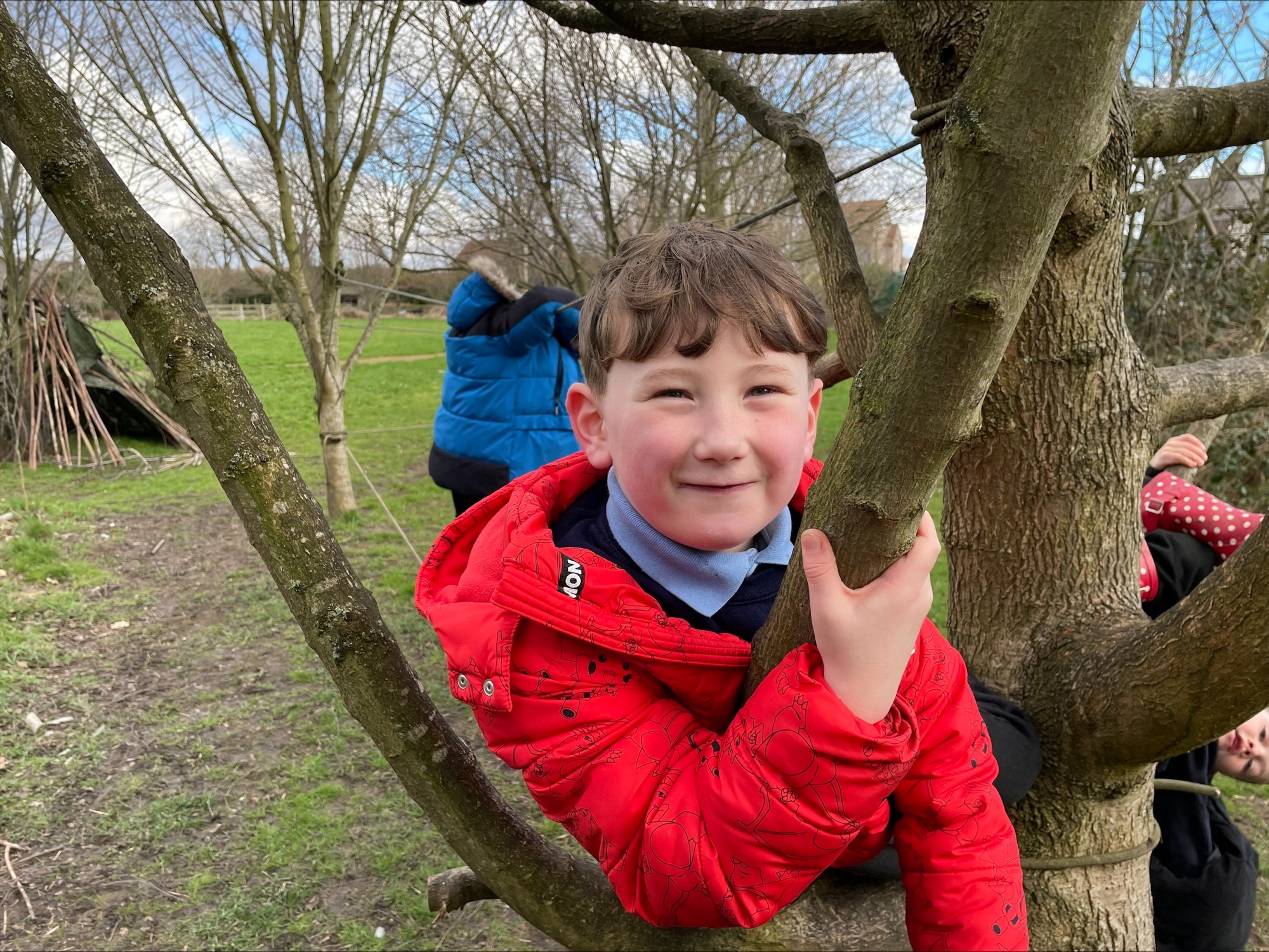
ETHOS & FOREST SCHOOL PRINCIPLES AT SPIRE JUNIOR SCHOOL:
- Forest School is a long term process of frequent and regular sessions and aims for children to visit in blocks of at least six to eight weeks each season.
- Planning, adaptation, observations and reviewing are all integral parts of the Forest School process. Planning is flexible and the learners take the direction for their learning and development.
- It takes place in a woodland or natural wooded environment – we are limited in this aspect but with careful tailoring and planning of the site and resources, this can be overcome. We are also very grateful to be able to use the Forest School site at Spire Nursery and Infant School.
- We aim to promote the holistic development in all of those involved, fostering resilient, confident, independent and creative learners who are emotionally literate.
- We will offer learners the opportunity to take supported risks appropriate to the environment and themselves and encouraged risky play where appropriate.
- It will be managed by a qualified Forest School Practitioner (Matthew James) Forest School Leader. Further staff will be trained in the future to help plan and facilitate in the sessions.
- We will use a range of learner centred processes to create a community for development and learning.
The Forest School Principles and other information can be located at: http://www.forestschoolassociation.org/full-principles-and-criteria-for-goodpractice/
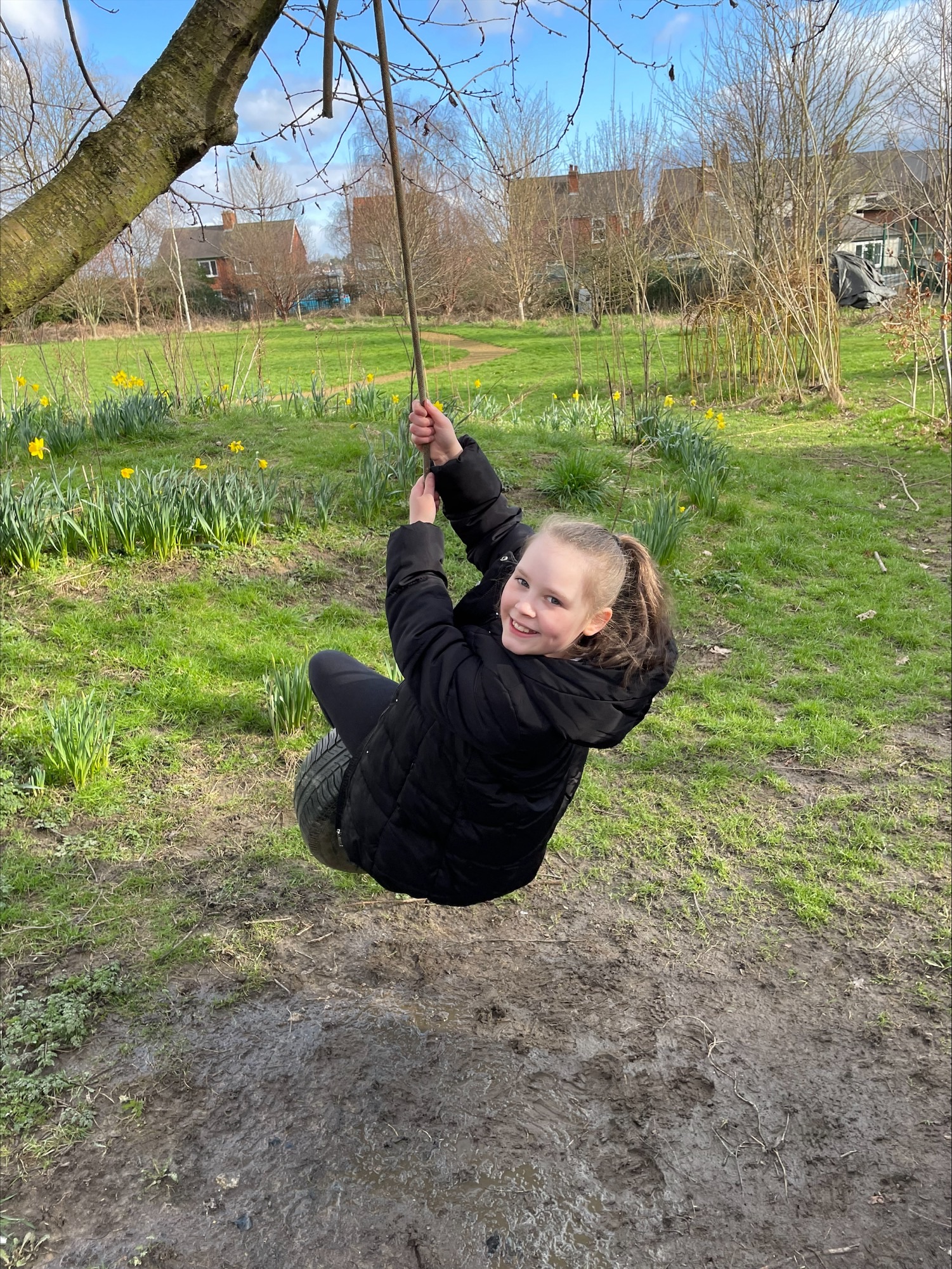
Our rules and routines at Forest School:
Expectations of behaviour will be set by the Forest School Leader and discussed with the children in the classroom beforehand, in conjunction with the School’s Behaviour Policy. Children will also help set rules, which will be revisited at every session. We have Nurturing Nature Guidelines that the children are expected to remember and follow during the sessions. These include:
- ‘No pick, no lick, be careful how you carry a stick.’
- Respect for plants, trees and animals.
- Staying in view of the Leader and supporting adults at all times.
- Always use walking feet around the site.
- When scavenging, only collect the natural debris on the floor.
- If you find anything you think could be dangerous, let the Leader or grown up know.
- Staying within the designated areas at all times.
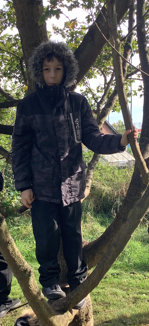
Rationale/Aims:
The outdoors can provide space and freedom for a type of learning that is difficult to replicate within the confines of classroom walls. It provides an alternative context to apply knowledge and skills necessary to understand and appreciate the world we live in no matter the season or the weather. We strongly believe that all children have the right to be given the opportunities afforded by outdoor learning and the managed risks associated with it. It can provide relevant, engaging experiences that support learning in all areas of the curriculum. These can be presented as building on existing outdoor play, transferring activities normally carried out indoors, school garden projects, environmental education or off-site visits. Providing positive opportunities for active learning, the outside environment can promote skills of enquiry, problem solving, communication, co-operation, creativity and evaluation, therefore we seek to offer outdoor experiences that allow children to:
- Find space to be alone or interact in social groups of different sizes.
- Plan, build, evaluate and sometimes demolish.
- Find similarities and differences, observe and classify.
- Be energetic, adventurous and assess risk.
- Make mark, use large scale media, be messy.
- Plant, grow and harvest.
- Hide, explore and discover.
- Investigate, make predictions and test theories.
- Imagine, pretend and reflect.
- Measure, locate, transport and record.
Forest School education at Spire Junior School will focus on the key principles behind emotional resilience. Groups of learners will be assessed on the resiliency framework prior and after the block of sessions to gauge their strands of emotional need and the effectiveness of Forest Schools as an intervention.

Environmental Considerations:
One of the main principles of Forest School is to promote environmental awareness and encourage sustainability. Each activity carried out as part of Forest School will have impact on the environment, some positive and some negative. We aim to keep the negative impact to a minimum All those involved in Forest School will be encouraged to learn greater awareness of the world around them and to show respect to the wildlife by ‘nurturing nature’.

